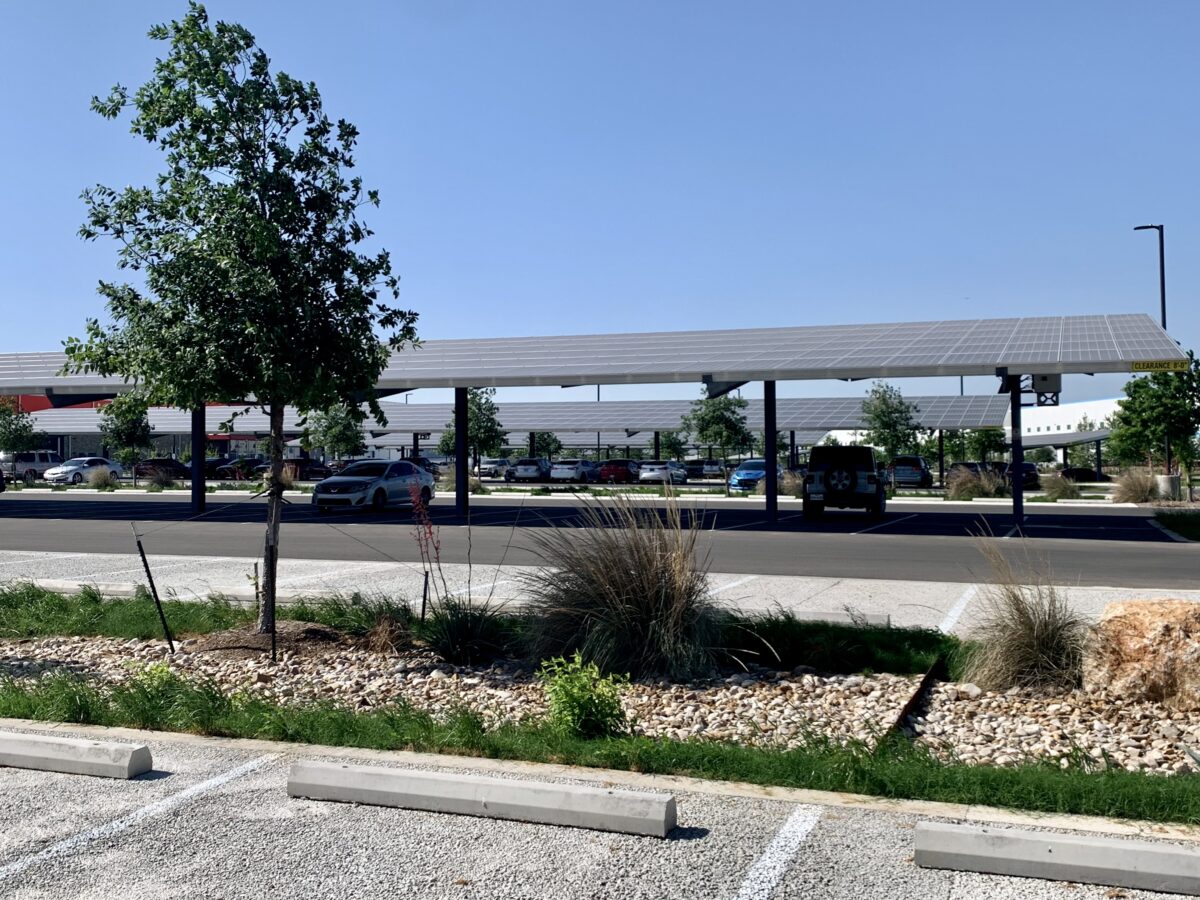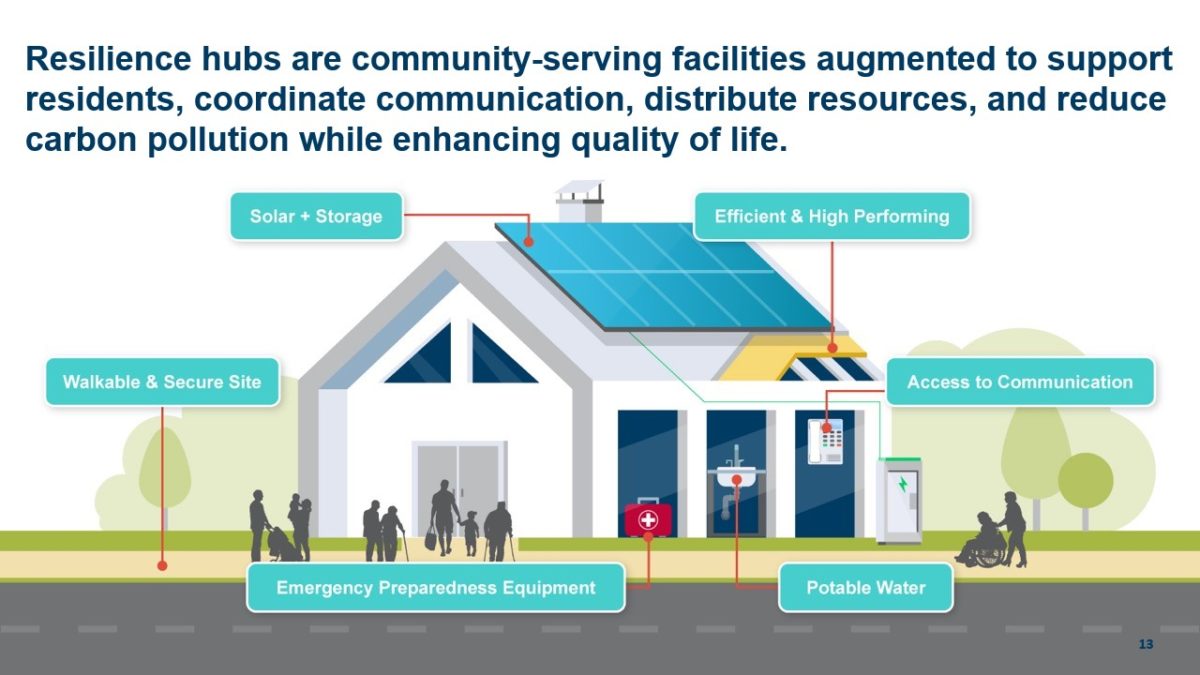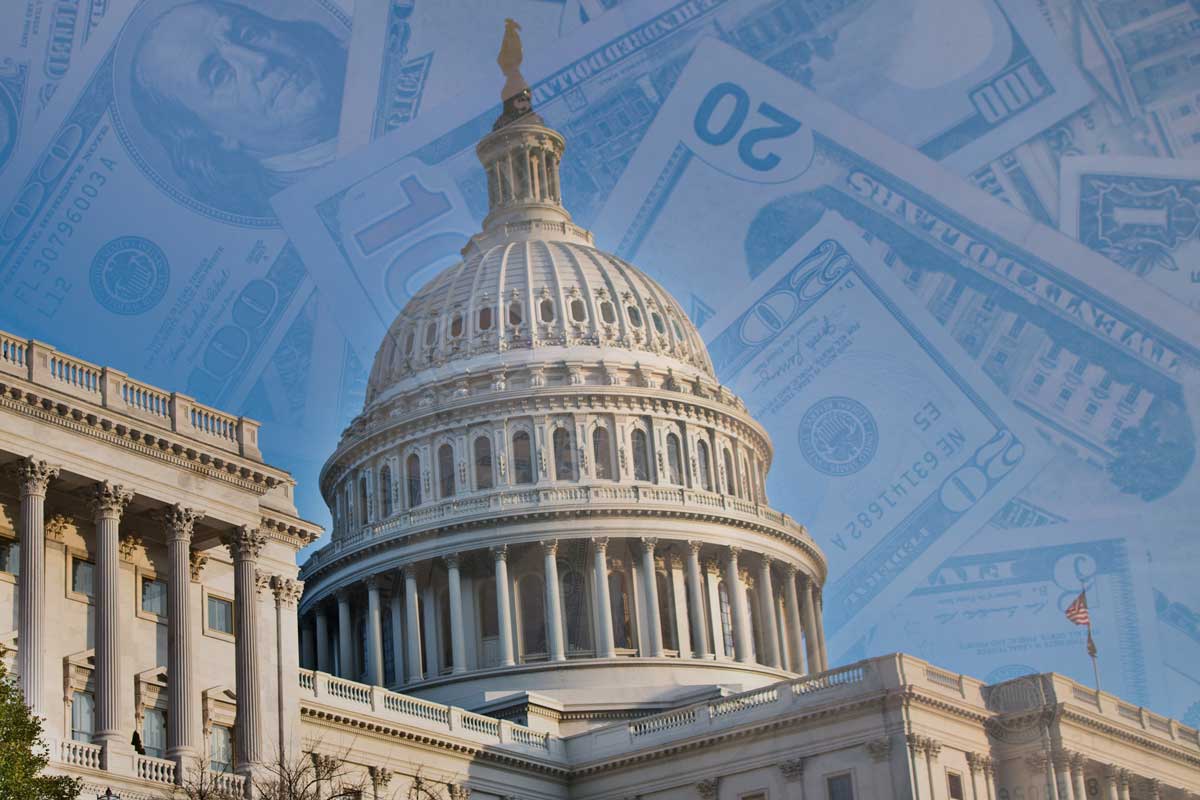In 2022, the City of San Antonio (“the City” or “CoSA”) solicited proposals from qualified solar photovoltaic (PV) providers to design, engineer, build, operate, maintain and decommission turn-key installations of multiple rooftop and parking canopy solar PV projects at the site addresses listed. In this RFP, the City sought market-based solutions to provide a portfolio of onsite, behind-the-meter solar energy at a range of municipal facilities. Projects must be cost-effective and sited either on eligible rooftops or parking facilities as available.
Request for Proposals for Multi-Site On-Site Solar: Example from the City of San Antonio, TX




